Dr Jaeyeon Choe – Business School – has published an edited book, entitled “Pilgrimage beyond the Officially Sacred: Understanding the Geographies of Religion and Spirituality in Sacred Travel” with Dr Michael Di Giovine from the Department of Anthropology and Sociology at West Chester University of Pennsylvania, USA.
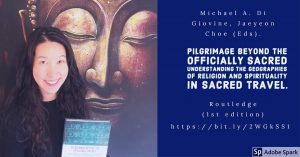
Pilgrimage beyond the Officially Sacred: Understanding the Geographies of Religion and Spirituality in Sacred Travel examines the many ways in which pilgrimage engages with sacredness, delving beyond the officially recognized, and often religiously conceived, pilgrimage sites.
As scholarship examining the lived experiences of pilgrims and tourists has demonstrated, pilgrimage need not be religious in nature, nor be officially sanctioned; rather, they can be ‘hyper-meaningful’ voyages, set apart from the everyday profane life—in a word, they are sacred. Separating the social category of ‘religion’ from the ‘sacred,’ this volume brings together a multidisciplinary group of scholars employing perspectives from anthropology, geography, sociology, religious studies, theology, and interdisciplinary tourism studies to theorize sacredness, its variability, and the ways in which it is officially recognized or condemned by power brokers. Rich in case studies from sacred centers throughout the world, the contributions pay close attention to the ways in which pilgrims, central authorities, site managers, locals, and other stakeholders on the ground appropriate, negotiate, shape, contest, or circumvent the powerful forces of the sacred. Delving ‘beyond the officially sacred,’ this collective examination of pilgrimages—both well-established and new, religious and secular, authorized and not—presents a compelling look at the interplay of secular powers and the transcendent forces of the sacred at these hyper-meaningful sites.
Providing a blueprint for how work in the anthropology and geography of religion, and the fields of pilgrimage and religious tourism, may move forward, Pilgrimage beyond the Officially Sacred will be of great interest to an interdisciplinary field of scholars. The chapters were originally published as a special issue in Tourism Geographies.
—
Table of Contents
Introduction
Geographies of religion and spirituality: pilgrimage beyond the ‘officially’ sacred
Michael A. Di Giovine and Jaeyeon Choe
1. From the liminal to the lateral: urban religion in English cathedrals
Simon Coleman
2. Meaning-making in the course of action: affordance theory at the pilgrim/tourist nexus
Joy W. Ackerman
3. Pilgrim routes as contested spaces in Norway
Hogne Øian
4. Tourism and sacred landscape in Sagarmatha (Mt. Everest) National Park, Nepal
Yang Mu , Sanjay K. Nepal and Po-Hsin Lai
5. Cultural tourism between local and transnational identities: Jewish heritage in Syracuse, Italy
Andrea Corsale and Shaul Krakover
6. Wak’a/shrine making and pilgrimage tourism in Copacabana, Bolivia
Jessica Joyce Christie
7. Reframing and Reconceptualising Gambling tourism in Macau as a Chinese Pilgrimage
Michael O’Regan , Jaeyeon Choe and Michael Di Giovine
8. Hierarchical value map of religious tourists visiting the Vatican City/Rome
Bona Kim and Seongseop (Sam) Kim
More more information and how to order:
https://bit.ly/2WGkSS1
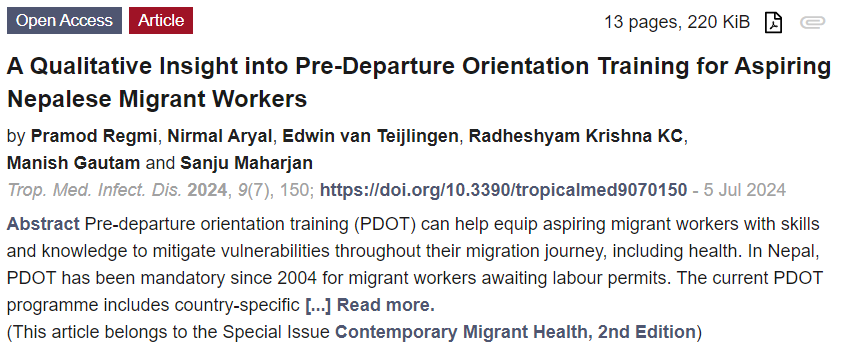 Dr. Nirmal Aryal and Prof. Edwin van Teijlingen.
Dr. Nirmal Aryal and Prof. Edwin van Teijlingen.

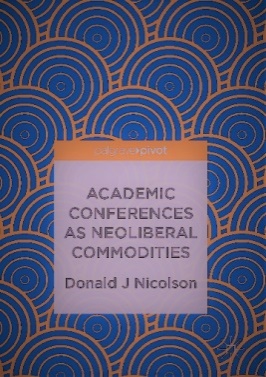
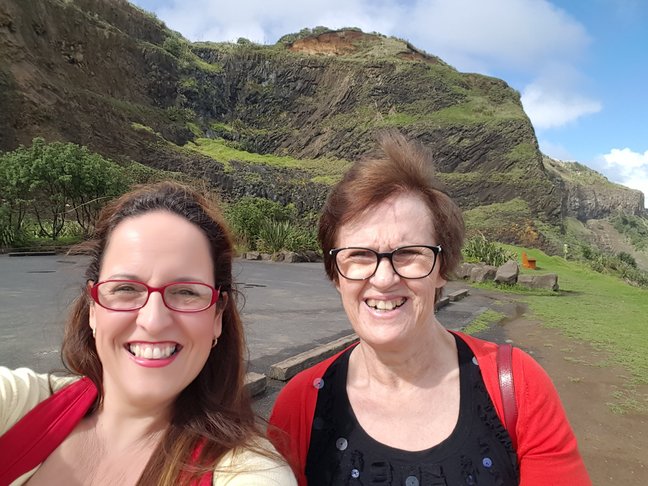 I am here as part of my
I am here as part of my 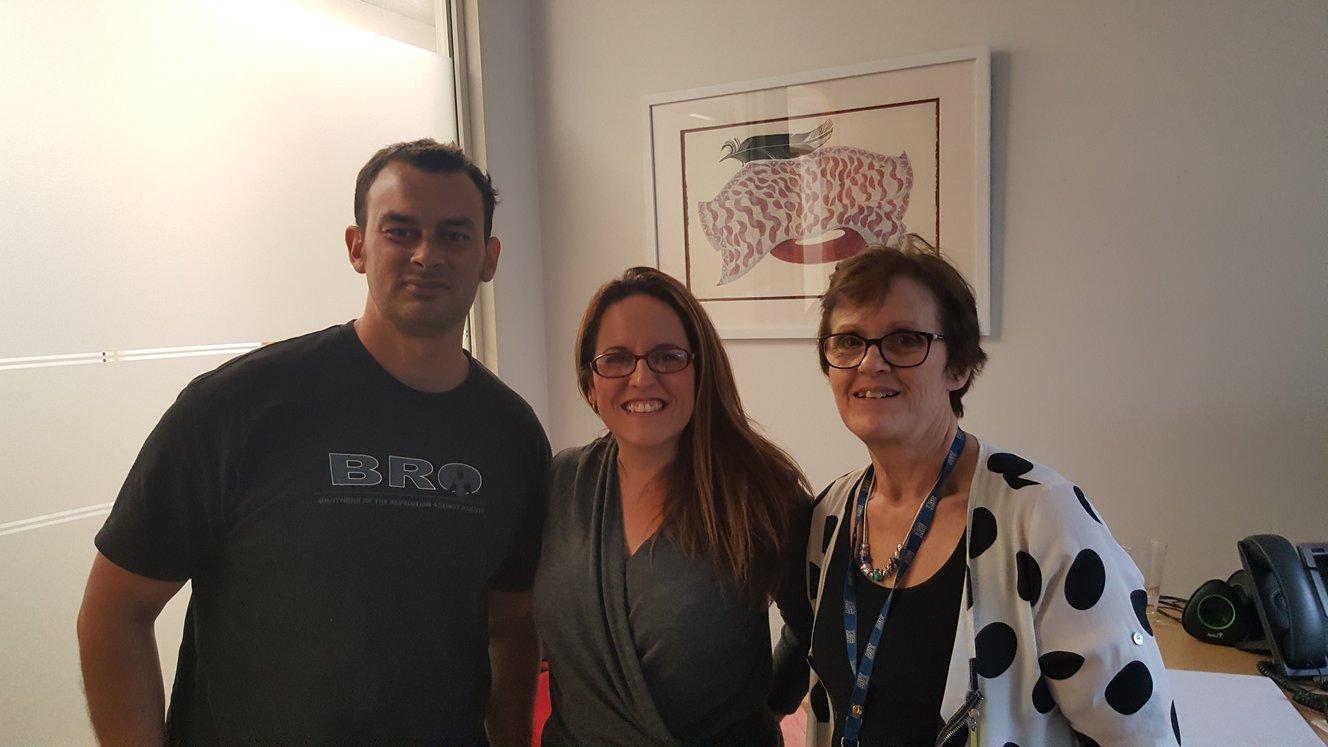 Needless to say this experience is the start of some brand new friendship and international links, indeed I am already working on a bid and a paper! I also have plans for two more co-authored papers that will develop over the next few months…watch this space!!
Needless to say this experience is the start of some brand new friendship and international links, indeed I am already working on a bid and a paper! I also have plans for two more co-authored papers that will develop over the next few months…watch this space!!
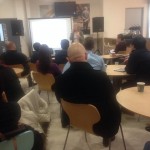












 SPROUT: From Sustainable Research to Sustainable Research Lives
SPROUT: From Sustainable Research to Sustainable Research Lives BRIAN upgrade and new look
BRIAN upgrade and new look Seeing the fruits of your labour in Bangladesh
Seeing the fruits of your labour in Bangladesh Exploring Embodied Research: Body Map Storytelling Workshop & Research Seminar
Exploring Embodied Research: Body Map Storytelling Workshop & Research Seminar Marking a Milestone: The Swash Channel Wreck Book Launch
Marking a Milestone: The Swash Channel Wreck Book Launch ECR Funding Open Call: Research Culture & Community Grant – Application Deadline Friday 12 December
ECR Funding Open Call: Research Culture & Community Grant – Application Deadline Friday 12 December MSCA Postdoctoral Fellowships 2025 Call
MSCA Postdoctoral Fellowships 2025 Call ERC Advanced Grant 2025 Webinar
ERC Advanced Grant 2025 Webinar Update on UKRO services
Update on UKRO services European research project exploring use of ‘virtual twins’ to better manage metabolic associated fatty liver disease
European research project exploring use of ‘virtual twins’ to better manage metabolic associated fatty liver disease